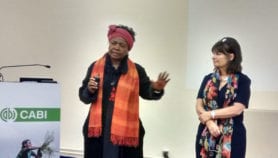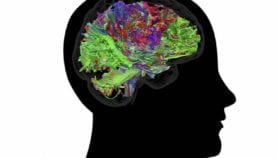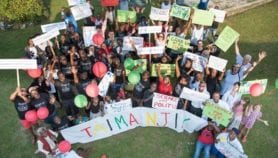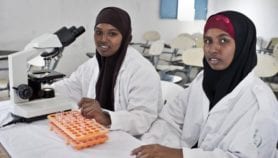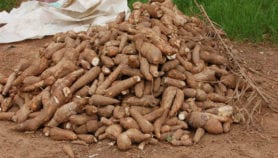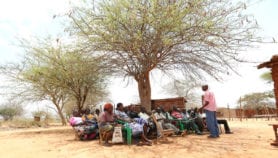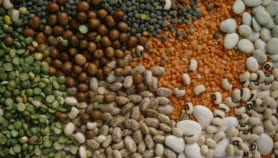Send to a friend
The details you provide on this page will not be used to send unsolicited email, and will not be sold to a 3rd party. See privacy policy.
Four years ago, Arab states defied falling national incomes to invest in a pan-Arab science and technology foundation. Now, says this Nature editorial, it has emerged as an organisation with vision, ambition and hope.
The Arab Science and Technology Foundation (ASTF) offers research grants based on open competition and peer review. Grant programmes are now established in the fields of materials science, water desalination and biomedical research, among others.
Key to the foundation’s success is that it is non-profit and privately funded, thus avoiding the bureaucracy and political wrangling that plagues many government-run bodies.
With more Arab countries joining the World Trade Organization, the ASTF wants scientists in the region to propel their nations into global markets and is working hard to achieve that.
The foundation has set up a biennial science symposium, and this month announced an ambitious new project. Izdihar, Arabic for prosperity, aims to raise living standards in the region through research-based solutions for the environment, healthcare and more.
Despite its early promise, says the editorial, the ASTF must show that as well as having a firm grasp of the problems, it has an understanding of their solutions, and the will to mobilise the necessary resources.
Link to editorial in NatureMore on Networks

Script media release
Journalists offered ‘big break’ mentoring opportunity from Radio Nigeria
03/04/19





